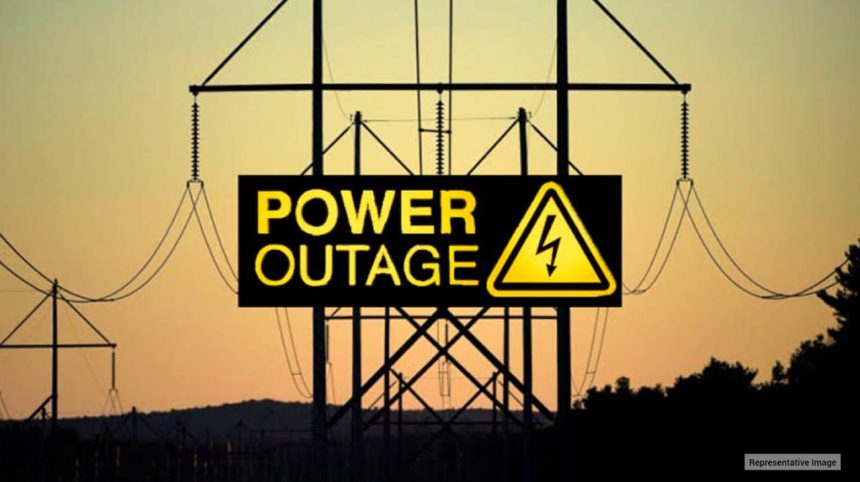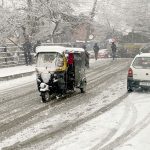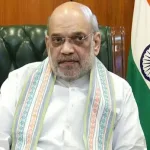Electricity in modern times is like oxygen to life. Here in Kashmir, it has turned people’s lives into a living hell. Today, when life operates at the fingertips of technology, which relies on electricity, the constant game of hide and seek played by electricity deeply affects the lives of common people, where it is hardly available.
The crises are huge. Electricity is both used and misused. Coordination among all stakeholders is a must. We can save it for others to use. Let’s not delve too deeply into the knowledge of hydroelectric projects in Kashmir. All these power projects are of no use to Kashmir. The reality lies in the present power supply. This supply has remained the same with slight dips or rises. Therefore, we need to manage all households within the specific supply. This is possible if consumers and the PDD coordinate under certain conditions with full responsibility.
Let’s see whether the supply meets the demand of consumers or not. If not, what can be done locally to meet the maximum demand of consumers? What are the responsibilities of both consumers and the PDD department to save electricity and ensure more supply to meet the increased demand?
What can be done locally? Let’s try to gather content around this and formulate a proposal to benefit the common people. To start with, we must assign responsibilities to both consumers and PDD employees. Both have flaws. On one hand, PDD employees are not fulfilling their duties as per their routine, either because of insufficient manpower, corruption, or a lack of supervision and monitoring systems.
Before revealing the actual data on supply, demand, and consumption, I want to share my personal experience regarding electricity. Electricity has always played hide and seek with us. It has never been provided as per schedule and has never met our demand. People in Kashmir have extreme anger regarding electricity, and nobody is satisfied because it falls under essential commodities. This is a facility that cannot be compromised.
To make electricity more convenient for consumers, the rules must be followed. Violations of these rules are committed by both consumers and PDD employees. Hooking, unnecessary power usage, and unrecorded power consumption at a flat rate allow some people to consume power without proper accountability. Additionally, irregularities at the village level and outstanding electricity dues contribute to the problem. All of this points to one solution: effective monitoring and evaluation of supply, demand, and proper usage. Let power blowers not be seen in Syntex tanks or on double-phase lines.
Considering electricity as the oxygen of life, I have tried to contact the PDD department personally but couldn’t get information on ‘Supply, Consumption, and Demand.’ My simple question was: What is the current supply? And why is the consumption not aligned with the supply? Since I couldn’t discuss the demand, which has never been fulfilled, I just wanted to check the problem between the scheduled supply and its consumption, which reveals a different story.
As a consumer, I have never experienced electricity as per the scheduled supply. The reasons are various, where both employees of PDD and consumers are responsible. Unfortunately, we lack full accountability in the PDD due to various factors, the most important being manpower. Electricity consumption is not properly monitored; illegal connections, hooking, and unpaid dues are the main reasons PDD cannot provide supply as per the schedule.
There are various steps that need to be taken by the PDD department to stop illegal connections, hooking, unpaid dues and ensure the proper usage of electricity, thereby saving it for the improvement of its supply and consumption. These steps are very simple, achievable, actionable, and workable.
Awareness is important to activate our consciousness and to understand its benefits, advantages, and disadvantages. Through awareness, we can shape and enhance many aspects of our lives. The slogan “Education for All” has led to significant strides in education. Similarly, other government schemes have achieved huge success through awareness campaigns and workshops. Campaigning is essential, and we have seen regular awareness programs and workshops on different schemes in education, health, social welfare, and so on, which are important—but not in the PDD department.
We use electricity without understanding its proper uses, misuses, and consequences. Life depends on electricity. Without it, there is no education, no health, no communication—nothing. It would bring our lives to a standstill, and we must reflect on this.
Let’s strive for electricity for all by using it properly and stopping its misuse. Every home can save electricity for themselves and for others. We all witness the huge misuse of electricity in our homes, on roads, and in villages where flat rates exist and there are significant unpaid dues. This requires awareness and a dedicated task force to curb hooking and the illogical use of electricity. Reaching out to schools, colleges, and universities, and involving NGOs, civil societies, Numberdars, Chowkidars, Sarpanches, BDCs, and DDCs is essential to start awareness campaigns about electricity.
As an essential commodity, we can constitute a community at the village level to save electricity on a voluntary basis. This community will report and conduct awareness programs on electricity and its importance every month. This civil movement at the village level will also access a lot of ground-level information, which will help the government in execution. They will also be helpful in formulating policies, such as categorizing consumers into A, B, and C; A for those who pay electricity bills regularly. B for those under flat rates, for whom electricity usage needs to be rationalized.C for those below the poverty line, with a one-time amnesty for their dues.
For Kashmiris to bear the current supply and improve it in the future, we need to stop its misuse. Only then can we enhance power supply and its availability for common people. A village-level committee will at least activate teams within villages, building consciousness and responsibility toward electricity.
(Author is a columnist and can be reached at: [email protected])








